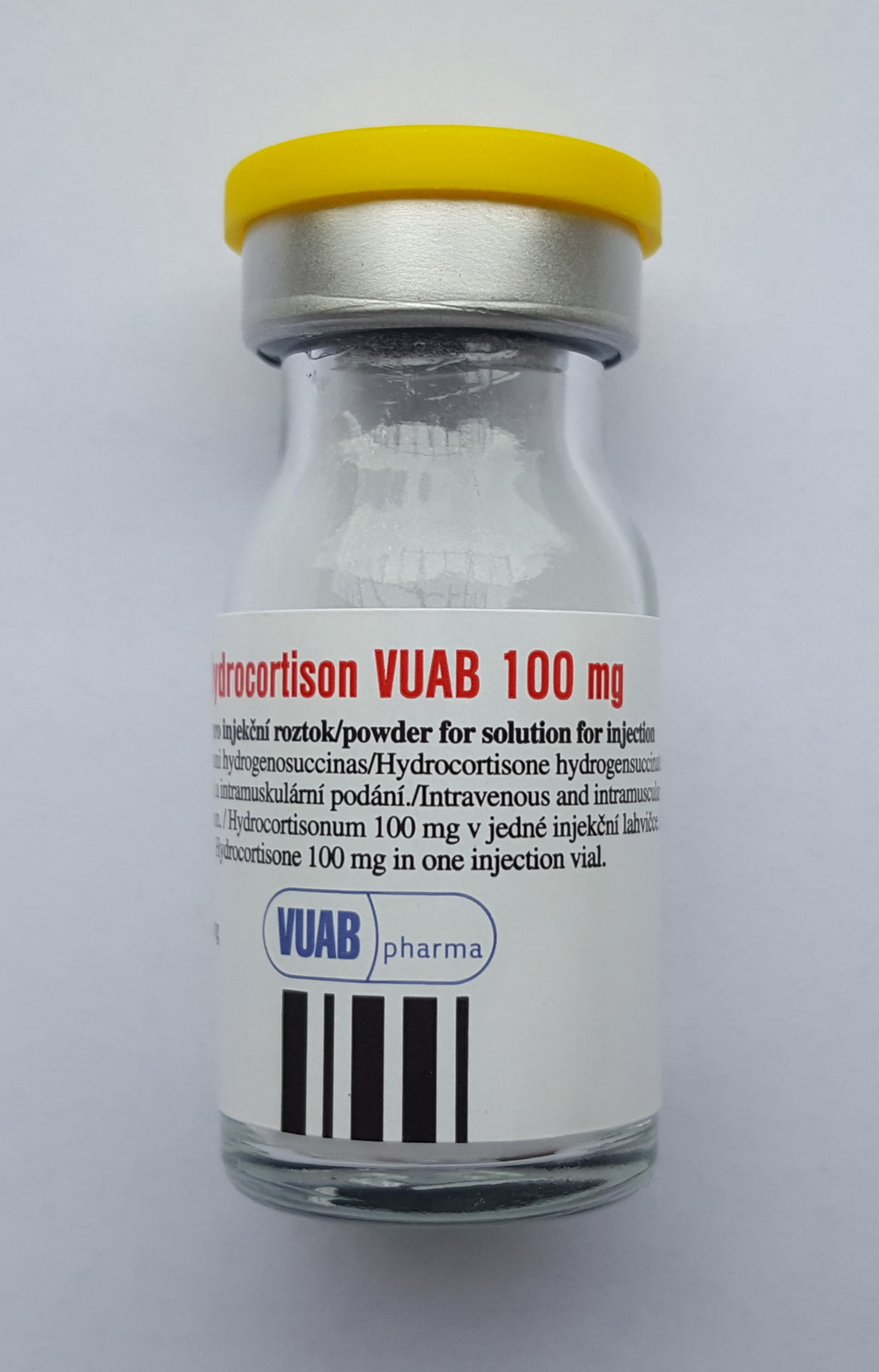
Eczema and Hydrocortisone - Introduction
Eczema is a medical condition in which the affected skin is dry and flaky. This skin condition affects approximately 15 million people every year and the onset of the disease is usually in the childhood. This is the period of human life when the skin is most sensitive and tender. Patient's skin is covered in red itchy patches. If one cannot restrain himself/ herself and scratches the skin changes, the condition becomes only worse. Eczema is a chronic illness and it can rarely be cured completely. Still, it is possible to bring the disease under control and maintain longer period of remission. The majority of the creams for eczema provides with proper moisture and maintains the adequate levels of skin hydration. They are also good for reduction of inflammation.
Hydrocortisone is a commonly prescribed medication in patients suffering from eczema. It can lead to alleviation of symptoms caused by eczema but there are also certain side effects of Hydrocortisone which must be taken into consideration if it is going to be prescribed to a patient.
Hydrocortisone and Eczema - Benefits
Hydrocortisone belongs to a group of corticosteroids. In case of eczema it is applied in a form of topical cream. It possesses huge anti-inflammatory properties thus reducing the inflammation of the affected skin. Hydrocortisone is also effective in reduction of scales formation.
Hydrocortisone cream eliminates the symptoms of eczema in 80% of patients. Hydrocortisone of strength 1% is most commonly given to patients suffering from eczema. Higher percentage of Hydrocortisone creams may be only required for treatment of eczema on thick and tougher skin. After the onset of treatment patients notice improvement of the symptoms after 2 to 3 days.
Hydrocortisone cream may be also applied in babies and children suffering from eczema, but in this case, the strength of the cream is lower. Adults may apply the cream on folds of the skin but they must not apply the cream onto the groin area.
Oral corticosteroids are prescribed only in severe form of eczema when symptoms simply cannot be controlled with Hydrocortisone ointment.
Side Effects of Hydrocortisone for Eczema
Patients suffering from eczema are not advised to use Hydrocortisone topical cream before consulting their dermatologist.
In one used Hydrocortisone cream of higher strength in mild case of eczema the skin becomes susceptible to abrasions. This effect is also seen if the cream is applied for a longer period of time.
Furthermore, if there are no desirable results further application of the cream makes the skin more susceptible to bacterial and fungal infections. One more side effect of Hydrocortisone cream is stretch mark like appearance of the skin. This occurs if the treatment lasts too long. And finally, the cream of higher strength may be absorbed and affect the body system.


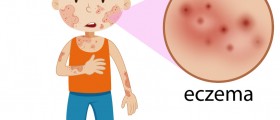





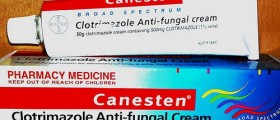


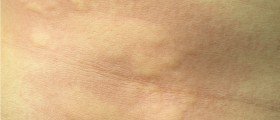



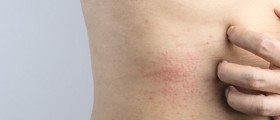
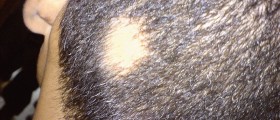
Your thoughts on this
Loading...